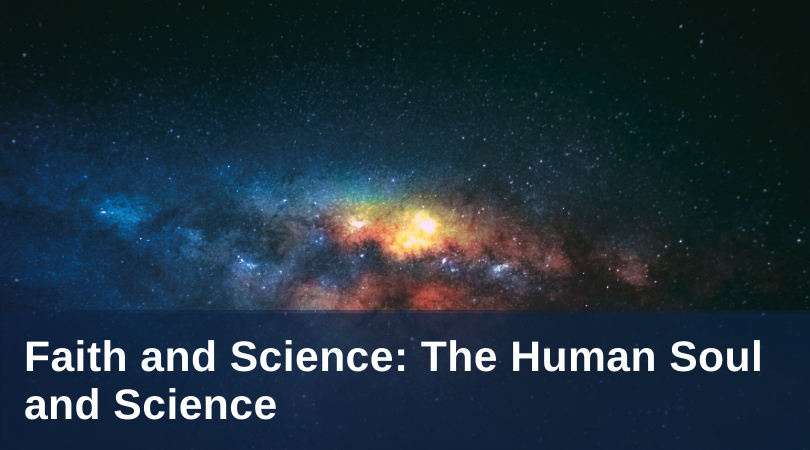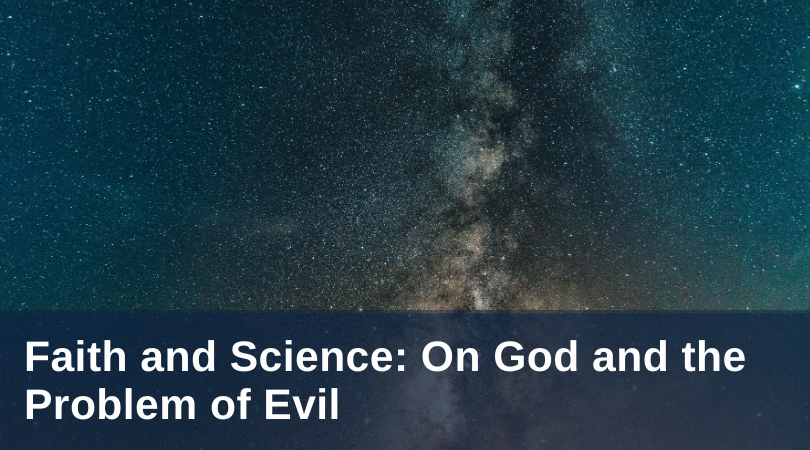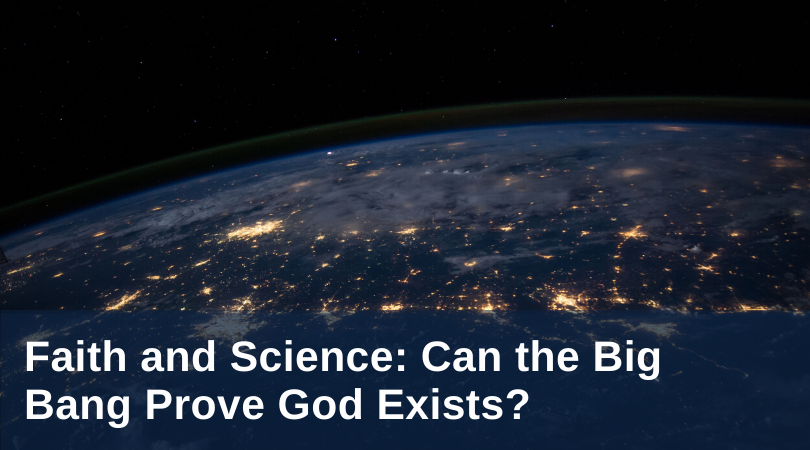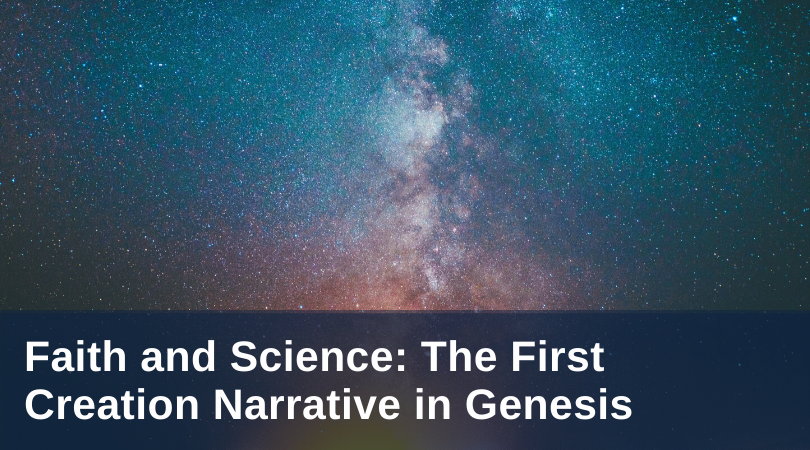Editorial Note: This post is part of our #FaithAndScience series exploring the relationship between science and religion.
A scientist assesses reality through the senses, prodding here, poking there, testing everywhere. Variables are isolated, rates recorded, masses measured, and constants calculated, all to discover how to master atoms and their particles. The scientist is both an explorer in the wild hacking through frontiers and an artisan lifting a delicate veil. Omnipresent in the mysteries of science is the rational soul of the human person, the image and likeness of the triune God, uniting the spiritual and the physical, praising its Creator. The human soul with the faculties of intellect and will depends on the corporeal senses to input data, as any scientist knows, but the synthesis of that data into relationships and theories is performed in the higher thought of abstraction. In Catholic teaching, faith and reason go hand in hand.





.png)
